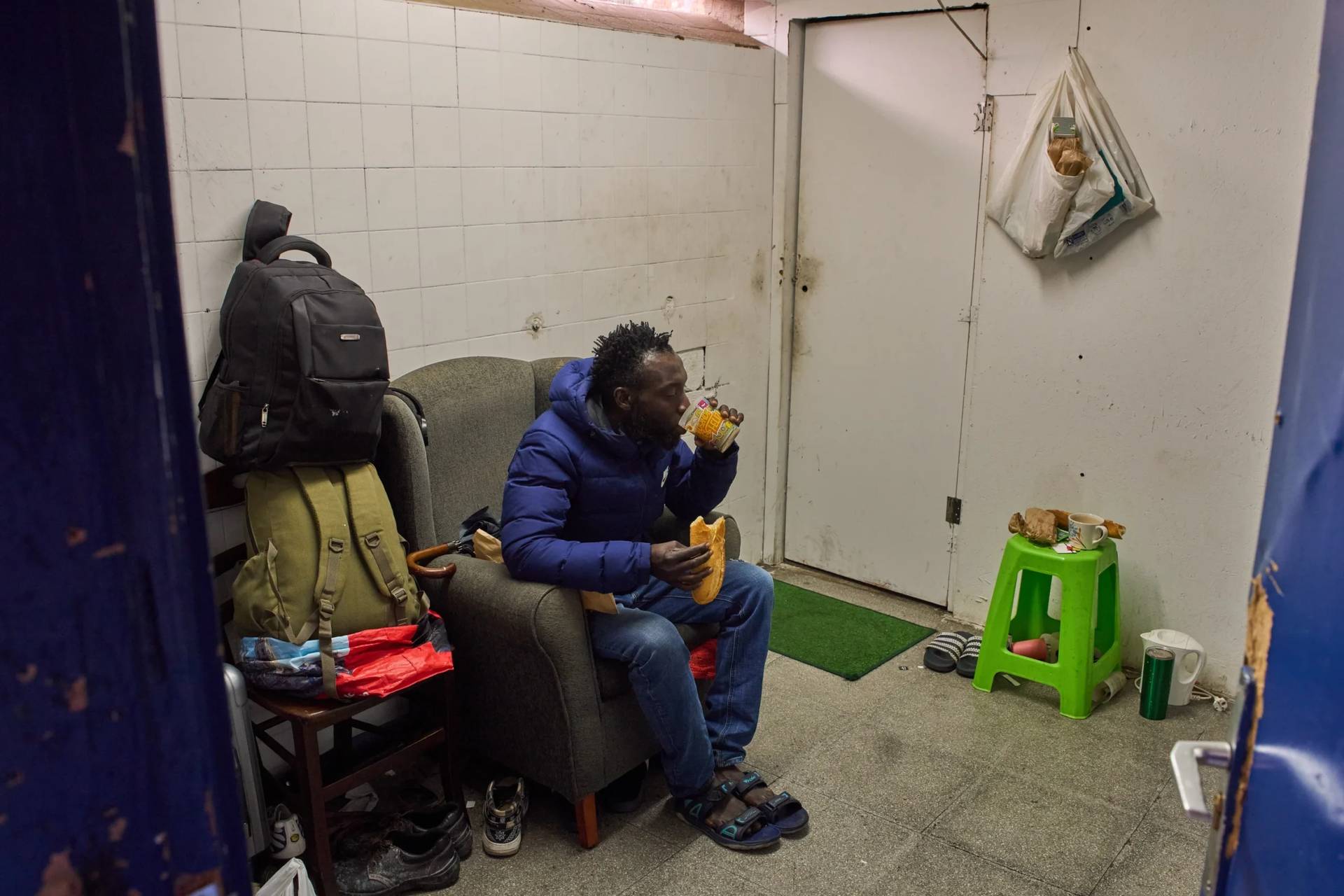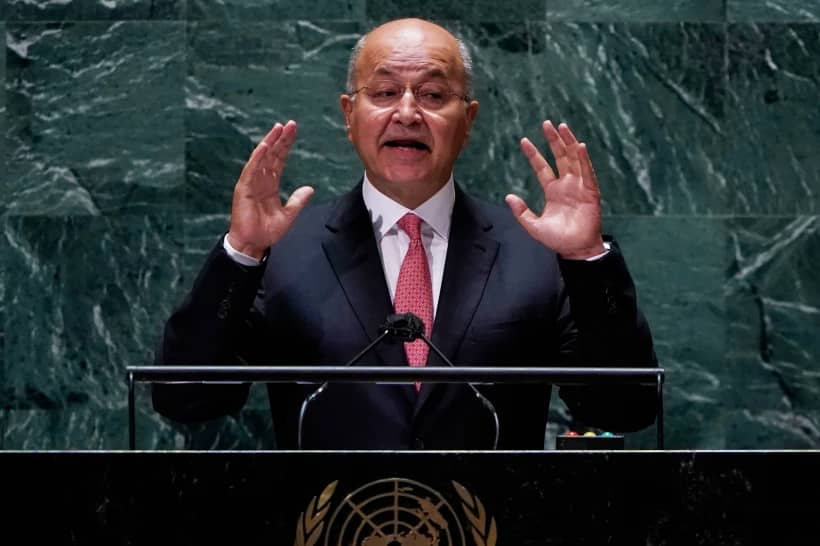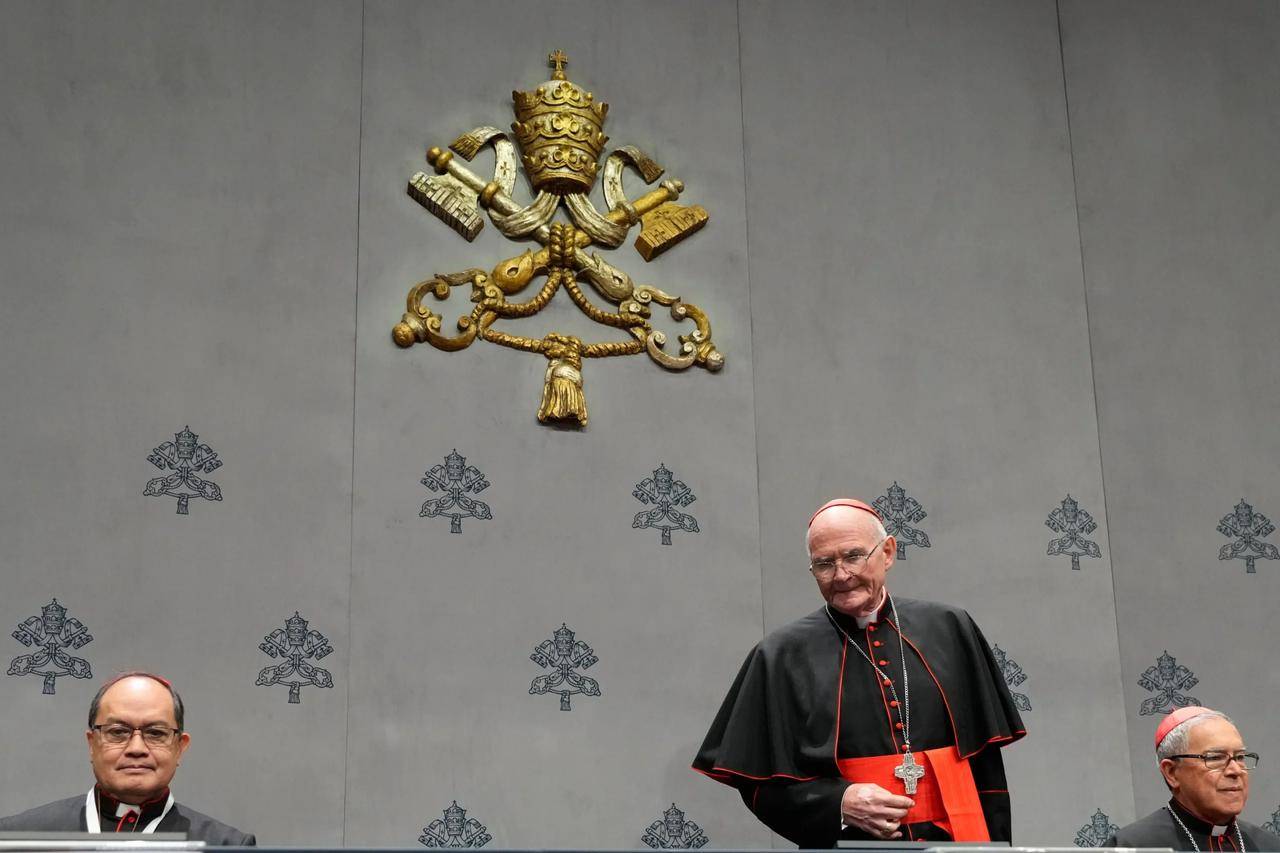ROME – As Pope Francis faces accusations that he covered up sexual abuse charges against ex-Cardinal Theodore McCarrick, in his own backyard the head of a lay Catholic organization charged with sexual abuse of minors over a 40-year span recently was freed and allowed to continue his work as he awaits trial.
Piero Alfio Capuana, head of the lay “Catholic Culture and Environment Association” (ACCA) near Catania, in southern Italy, was released from house arrest earlier this month as he awaits trial, set to start in October, on charges of sexually abusing underage girls with the help of three women who allegedly coaxed and coerced the minors into having sex with him.
Capuana, who was considered to be the incarnation of the Archangel Michael by his followers, was arrested in August of last year following a three-month long investigation by local authorities. Today he has returned to his home town of Motta Sant’Anastasia and ACCA is once again active on the territory.
“I am devastated,” said the mother of one of the alleged victims who came forward, in a phone interview with Crux. “I can’t believe they freed all of them until the trial. They freed Piero.”
The mother, who wishes to remain anonymous in order to protect the identity of her underage daughter, said that in a recent conversation with the vicar general of the local diocese of Acireale, Father Giovanni Mammino, she was told that no action would be made by ecclesial authorities to exercise oversight over the group since ACCA is registered as independent from the Church and hence is a “civil association.”
A Crux investigation showed that both the Diocese of Acireale and the Vatican were aware since the mid-1970s of “deviations of a doctrinal and moral character” and “true scandals” in the association led by Capuana. After initial attempts to apply oversight to ACCA in the mid-1970s, there’s no evidence that the diocese, or the Vatican, attempted to intervene again.
A pre-trial investigation by local authorities also revealed that throughout the years the alleged victims asked a string of bishops in Acireale to do something but were told that “strong powers” were insulating ACCA from secular and Church authorities.
Among other things, the ACCA story illustrates what many experts see as a serious gap in the Church’s handling of the global crisis when it comes to lay movements and associations.
Canon law requires that some lay associations identifying as Catholic, such as the Sicilian ACCA, are overseen by the local diocese. Others, such as the Peruvian Sodalitium Christianae Vitae founded by Luis Fernando Figari, who was convicted of abuse by the Vatican, have received pontifical approval and fall under Vatican supervision.
In either case, some observers say mechanisms for supervision of these groups are significantly under-developed.
As Father Francis Morrissey, a Canadian expert on canon law, told Crux last August, “the process in the Church for dealing with lay people has got no teeth.”
In a phone interview with Crux Aug. 28, Tommaso Tamburino, who represents four of the seven alleged victims who have stepped forward to testify, said that while the diocese of Acireale has “manifested solidarity” with the victims, there still remain “obscure aspects” of the Church’s role in the Capuna case.
For his clients, the fact that Capuana is no longer under house arrest “is considered a very grievous and unexplainable fact,” Tamburino said. He added that under Italian law a person cannot be imprisoned until after the trial, meaning that for the judge to keep Capuana in jail for six moths and under house arrest for another six months the allegations had to be credible.
Depending on whether the trial will be an abbreviated or an ordinary one, it will take between three months and several years to have a sentence and bring closure, Tamburino said.
Capuana and his three so-called “Apostles” who allegedly encouraged under-age girls to see abuses as “love from above,” Fabiola Raciti, Rosaria Giuffridda and Katia Scarpignato, are now back in their hometown. All have strongly denied the claims and are awaiting trial.
The ACCA association has returned to doing outreach on Facebook, with posts cheering the return of “so many at-risk youth” to the group.
In a text message on Thursday, the mother of one of the victims wrote to Mammino expressing how she feels “abandoned by the Church.”
ACCA “is reorganizing in your ecclesial territory,” she wrote to the vicar, “don’t you care???”
“When the next scandal arises, you can’t say you didn’t know anything as you did in the past,” she added.
The mother claims that she has been a victim of attacks and intimidation by ACCA members, and said that a rock was thrown into her living room, breaking the window.
“They wanted to scare me,” she told Crux, though there is no confirmation that ACCA was behind the attack.
Meanwhile, people supporting the victims and members of the community in Motta Sant’Anastasia have organized a sit-in protest under the house of Capuana “in solidarity with the victims of the sect.” It follows a three-day initiative to bring awareness about what happened in ACCA with the participation of victims and former members of the group.
Tamburino said he remains optimistic about the result of the trial and voiced appreciation toward the protest, which, in his opinion, shows that “there is a shift in public opinion” concerning ACCA.












